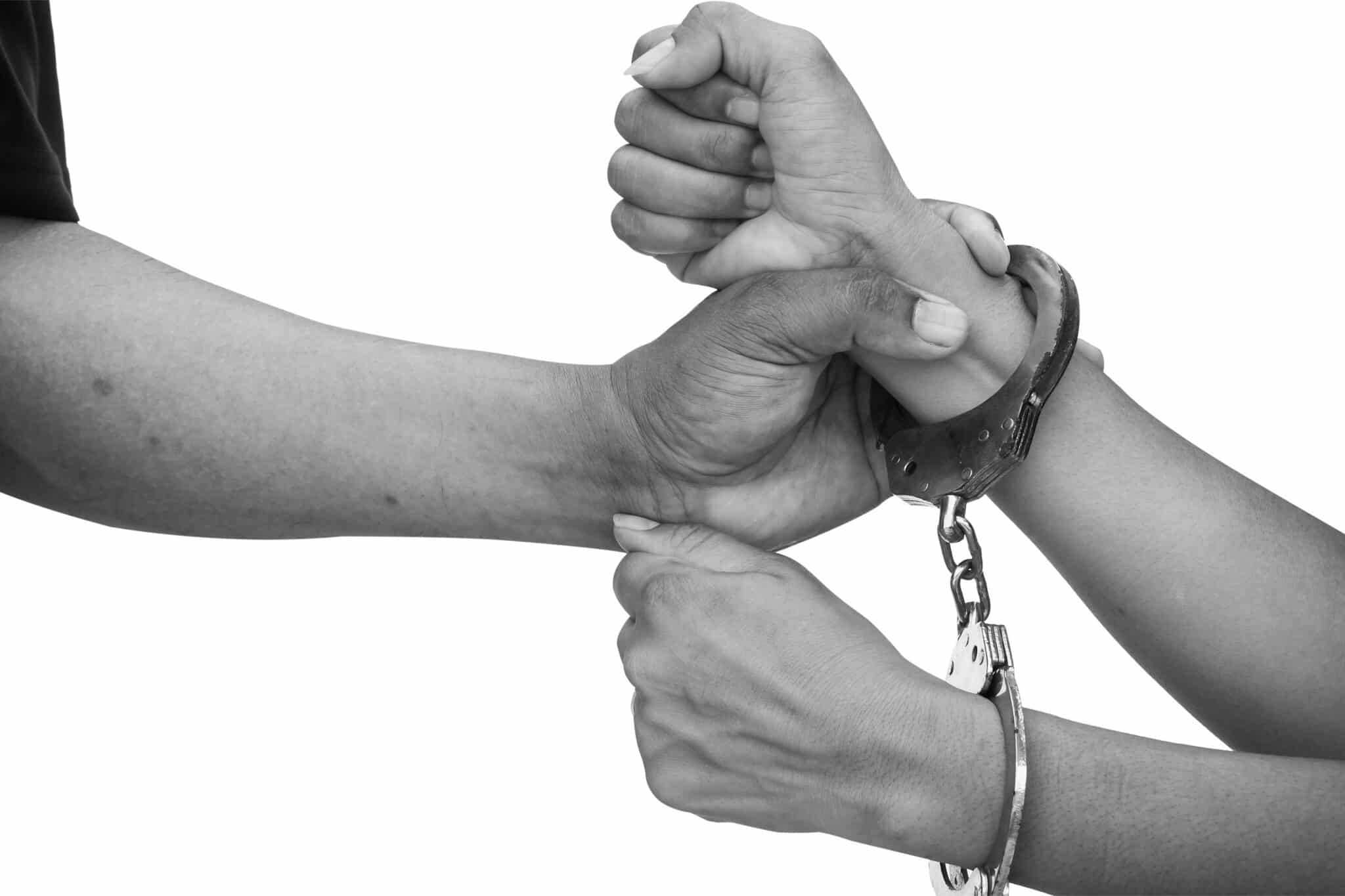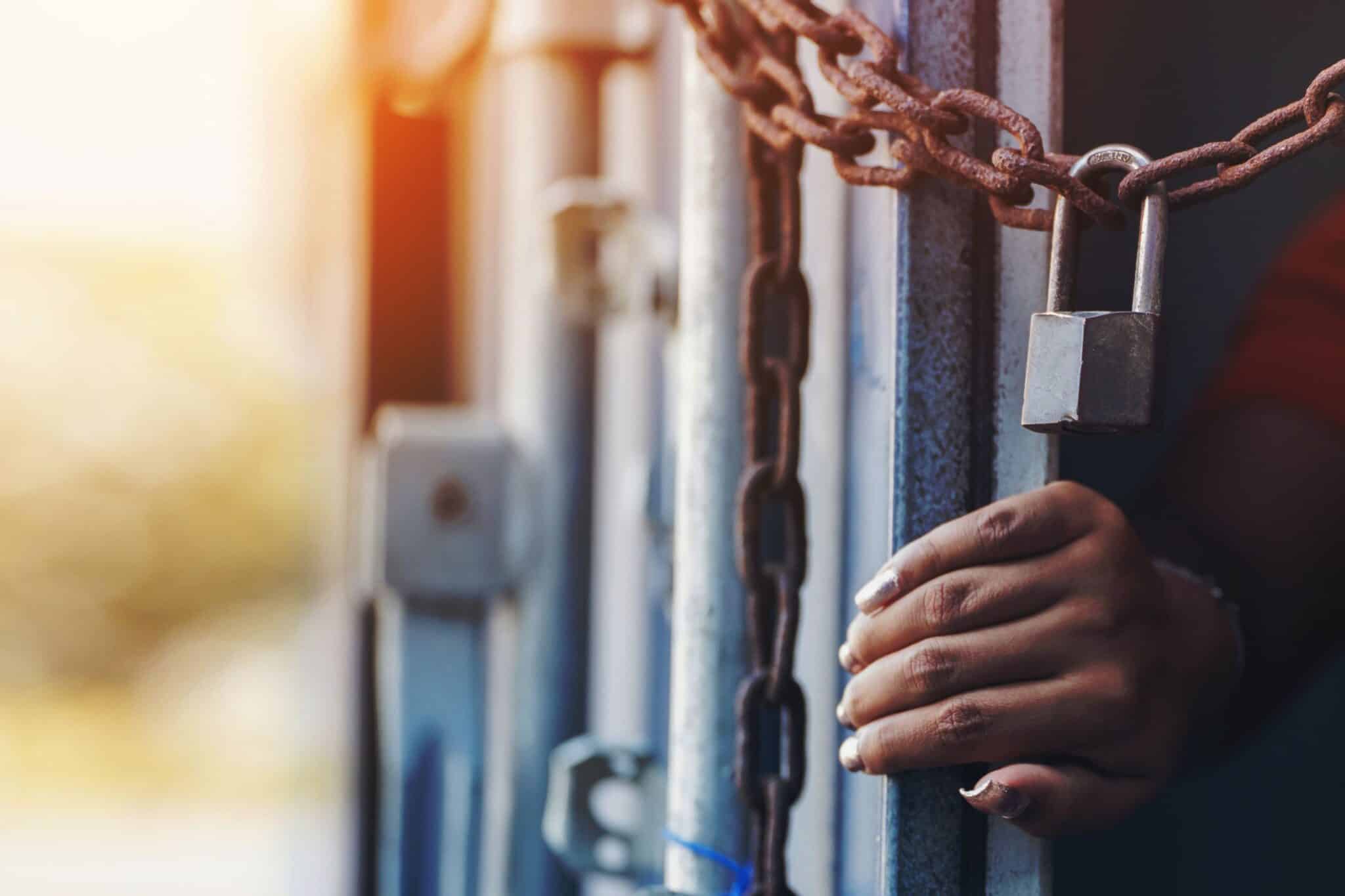Defending Against Charges of Human Trafficking in Illinois: Legal Strategies and Resources
Human trafficking is a serious and heinous crime involving exploiting vulnerable individuals for commercial gain. In Illinois, as in most other states, the penalties for human trafficking can be severe, and those accused of this offense can face significant legal and social consequences. This offense can be charged as a Class X felony, with a mandatory minimum sentence of 15 years in prison and fines of up to $250,000.
However, the consequences of a conviction go far beyond the legal penalties. Individuals convicted of human trafficking can face lifelong social and personal repercussions, including loss of employment, damage to reputation, and social stigma. Moreover, this crime can devastate the victims, who are often subjected to violence, abuse, and exploitation. Defending against charges of human trafficking requires a thorough understanding of the legal strategies and resources available to individuals facing these allegations.
Understanding the Legal Definition of Human Trafficking in Illinois
The Illinois Human Trafficking Act defines human trafficking as the act of knowingly recruiting, harboring, transporting, or obtaining a person for labor or sexual servitude through the use of force, fraud, or coercion. This crime can be charged as a Class X felony, with a mandatory minimum sentence of 15 years in prison and fines of up to $250,000. To defend against charges of human trafficking, it’s crucial to understand the specific elements of the crime and the evidence required for a conviction.
Challenging the Prosecution’s Evidence
One of the most effective legal strategies for defending against charges of human trafficking is challenging the prosecution’s evidence. This can include questioning the credibility of witnesses or law enforcement officials, challenging the admissibility of evidence, or presenting alternative explanations for the alleged conduct. An experienced criminal defense attorney can help assess the strength of the prosecution’s case and develop an effective defense strategy. For example, the defense attorney may argue that the alleged victim was not coerced or forced into labor or sexual servitude but engaged in the activity willingly.
Establishing Lack of Intent or Knowledge
Another possible defense against human trafficking charges is to argue that the accused lacked the intent or knowledge to commit the offense. For example, if the accused was unaware that the individual was being transported for labor or sexual servitude, they may not have had the requisite intent to be guilty of human trafficking. Similarly, if the accused was coerced or threatened into participating in the alleged conduct, they may be able to argue that they lacked the knowledge required for a conviction. This defense strategy may also include presenting evidence of the accused’s lack of knowledge about the criminal enterprise or the true nature of the activity they were involved in.
Seeking Mitigating Factors
If an individual is facing charges of human trafficking, it’s essential to explore all possible mitigating factors that could reduce the severity of the charges or the potential sentence. This can include factors such as the accused’s lack of criminal history, cooperation with law enforcement, or participation in a diversion or treatment program. An experienced criminal defense attorney can help identify and present these mitigating factors to the court. For example, if the accused is a first-time offender, the defense attorney may argue for a reduced sentence based on the individual’s lack of prior criminal activity.
Collaborating with Advocacy Organizations
In addition to legal strategies, advocacy organizations in Illinois can provide support and resources for individuals facing charges of human trafficking. These organizations can offer legal assistance, counseling services, and other forms of support to help individuals navigate the legal system and overcome the challenges of this complex and emotionally charged case. For example, the Illinois Human Trafficking Task Force provides training and resources for law enforcement officials, attorneys, and advocates working on human trafficking cases.
The Importance of Effective Legal Strategies and Resources in Human Trafficking Cases
Defending against charges of human trafficking is a challenging and complex legal process that requires the assistance of an experienced criminal defense attorney. By understanding the legal definition of human trafficking in Illinois, challenging the prosecution’s evidence, establishing a lack of intent or knowledge, and seeking mitigating factors, individuals facing these charges can develop effective legal strategies to defend against these serious charges. Additionally, collaborating with advocacy organizations specializing in human trafficking cases can provide essential resources and support throughout the legal process.
If you or a loved one is facing charges of human trafficking in Illinois, it’s crucial to work with an experienced criminal defense attorney who understands the nuances of these cases and can develop an effective defense strategy tailored to your specific situation. By leveraging the legal strategies and resources available, you can fight against these serious charges and protect your rights and freedom. Remember, every individual is innocent until proven guilty, and with the right legal representation, you can work towards the best possible outcome in your case.
About the Author:
Andrew M. Weisberg is a former felony prosecutor who now serves as a defense attorney in the greater Chicago area. He has extensive experience handling all types of criminal cases, from sex offenses and domestic violence to retail theft-related crimes, murder, and drug crimes. His work has been recognized by Avvo, Expertise, National Trial Lawyers, and others, and he has been featured on countless news outlets for his experience and knowledge in criminal law.







 Blog Home
Blog Home 












